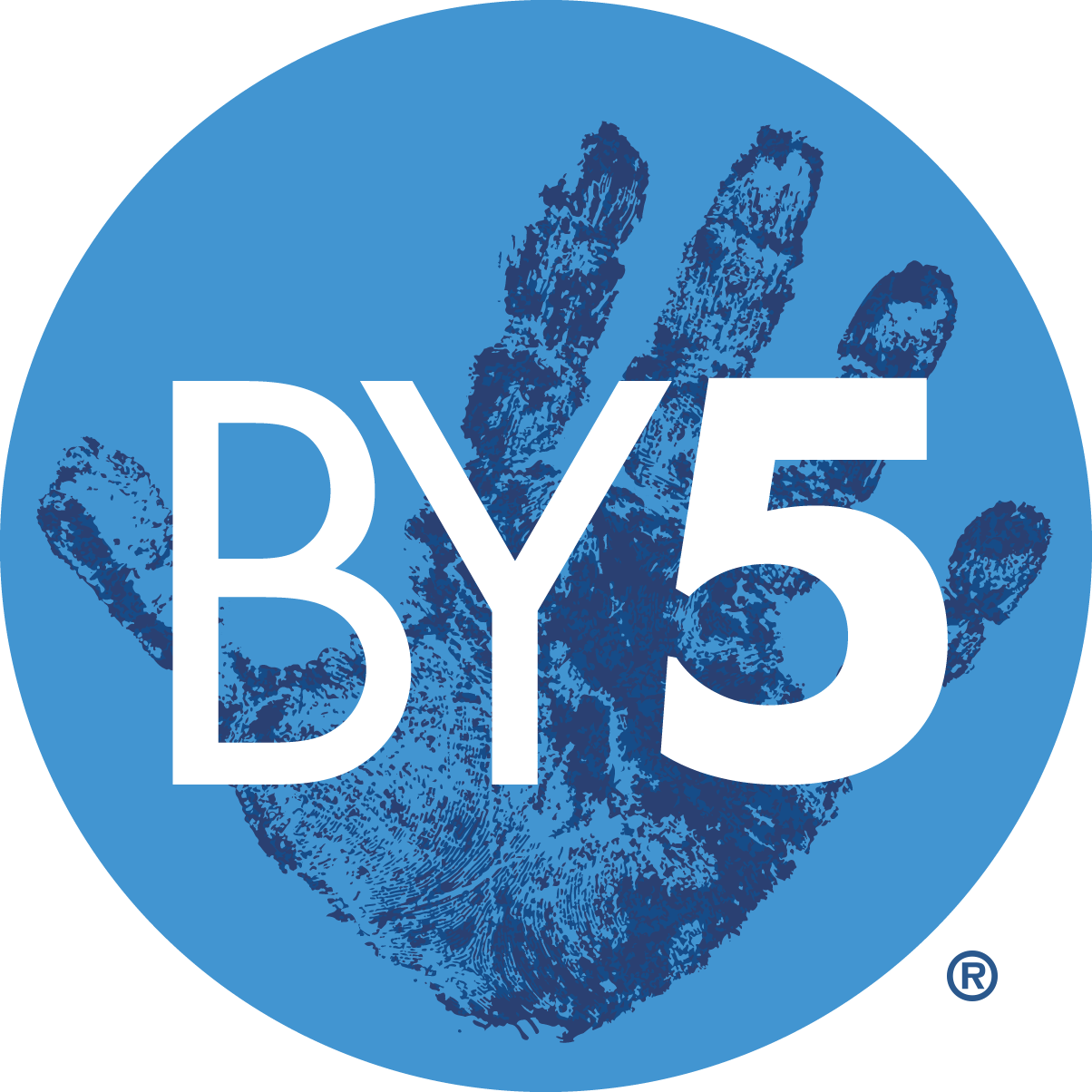Talking is teaching, listening is learning!
The more words your child hears, the better prepared they will be to take on Kindergarten. Because 90% of brain development is happening from birth to age 5, a child’s brain is like a sponge soaking up information about what they see, smell, feel, and hear.
I remember when my oldest daughter, Becca, was born, I would feel a little silly talking to her, explaining every little thing I was doing or pointing out everything within our line of sight. It can seem a bit like you are talking to yourself. However, it was not long before she began to “coo” in response to my words—she was participating in our conversations! Soon she was babbling, with her first words being “pretty” and the typical “mama” and “dada.” It was not long before we began wondering when she might take a breath and be quiet for a few minutes! At 27, she is still a talker.
One of the common statistics shared in the early learning profession is “a child from a high-income family will experience 30 million more words within the first four years of life than a child from a low-income family.” But why is this important? Because vocabulary development during the preschool years is related to later reading skills and school success in general, and school success opens the door for more career choices later.
So how exactly should you be talking with your baby? Here are a few tips from webmd.com:
Talk with her often. Talkative parents tend to have talkative children.
Get some alone time with your infant. Baby talk is most beneficial when it's one-on-one between parent and child, with no other adults or children around.
When your baby tries to talk back to you, don't interrupt or look away. She needs to know you care about listening to her.
Look your child in the eyes. She'll respond better to speech when she's looking right at you.
Limit how much TV she sees and hears. Too much can stunt language growth. Besides, you’re more fun than the voice on the screen, right?
Throw in some grown-up speak, too. Your baby needs to hear how words sound in everyday conversation.

